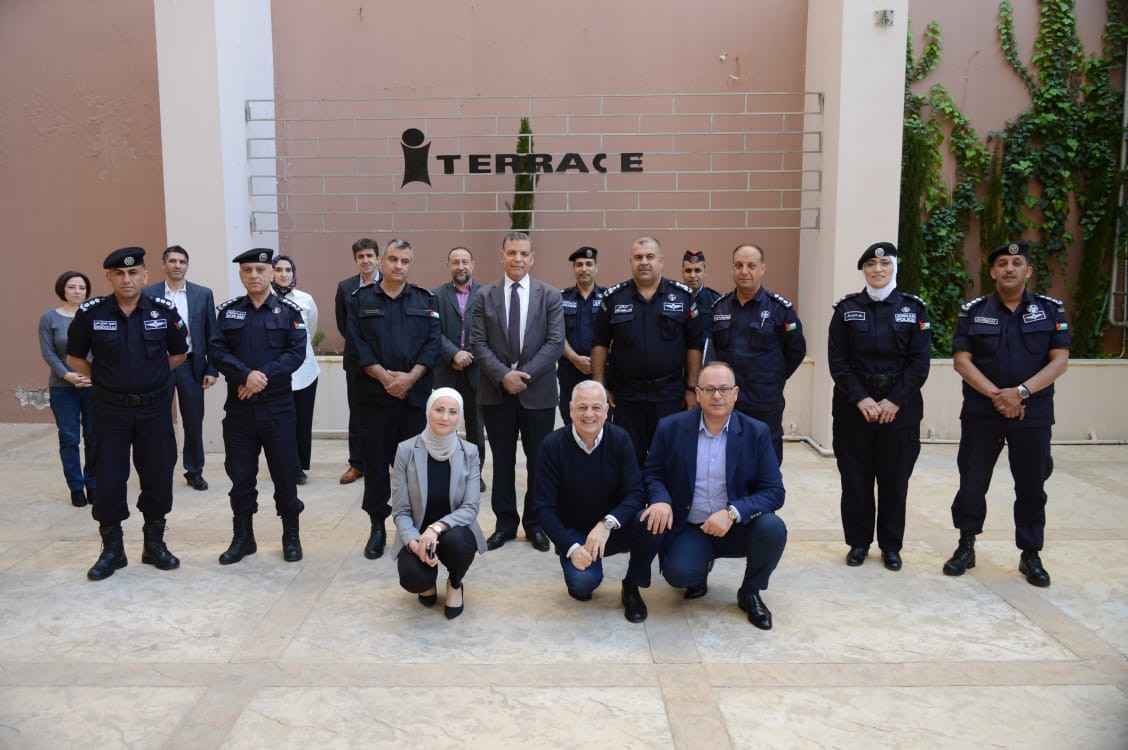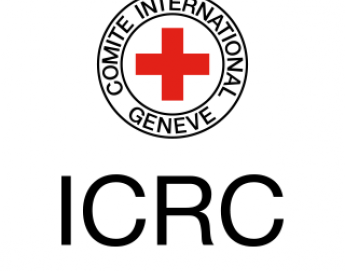
Jordan: ICRC supports preventive measures against COVID-19

Authorities in Jordan recently lifted restrictions imposed across the Kingdom following several weeks of containment measures to limit the spread of COVID-19. This development presents a good opportunity to the ICRC Delegation in Amman to take stock of its work in strengthening the prevention measures undertaken in places of detention and in key hospitals for the protection of inmates and frontline health workers against the virus.
Based on the cooperation agreement and partnership it has with both the Ministry of Health (MoH) and the Correctional and Rehabilitation Centres Department (CRCD), and to strengthen their response to COVID-19, the ICRC extended technical and material support to the Penitentiary Health System to prevent a potential COVID-19 outbreak in Correctional and Rehabilitation Centres (CRCs) and material support to some hospitals in the capital.
Specifically, four technical working group sessions (TWG) with key senior officers from the MoH and the CRCD were organized, aimed at augmenting prevention measures against COVID-19 by both the MoH and CRCD at correctional and rehabilitation centres and in all other places of detention.
The ICRC also provided required technical expertise to develop a contingency plan for correctional and rehabilitation centres and in all other places of detention as well as a referral mechanism for suspected/confirmed COVID-19 cases. It made two donations of Personal Protective Equipment (PPEs), thermometers and hygiene materials to all these facilities with particular attention to the health structure available in each place.

The photo shows sanitation and other items donated by the ICRC being offloaded at a Juvenile Rehabilitation Centre. Credit: Yusuf Sanchez
One of the major achievements of the TWG sessions was the integration of the COVID-19 Contingency Plan for these places of detention (PODs) with the national plan. Furthermore, the ICRC undertook an assessment of three PoDs planned to be used as a temporary quarantine for all newly arrested detainees. This was to ensure that such newly-arrested persons were properly monitored and confirmed free from the COVID-19 virus before being transferred to other CRCs to prevent any outbreaks in those centers.
As part of its comprehensive and strategic support, the ICRC strengthened the preventive measures against COVID-19 in, and the protection of health workers of Al Bashir, Prince Hamza and Queen Alia Hospitals— three key hospitals designated for receiving suspected and/or confirmed COVID-19 cases, by conducting technical assessment visits and providing PPEs to the health staff. These are the main hospitals in Jordan assigned to the management and isolation of COVID-19 cases. Additionally, the Surveillance Teams of the Ministry of Health received PPEs from the ICRC to protect team members as they carry out their tasks. To complement the donations made above, the ICRC also supported the Ambulance Service of the Civil Defence by donating emergency bags and dressing sets to the organisation.
At a meeting held with the ICRC and the CRCD on the sidelines of one of the TWG sessions, the Jordanian Minister of Health, HE Saad Jaber expressed appreciation to the ICRC for the technical support is provided to the CRCD, as well as for the sanitation and protective items it had donated to correctional facilities to support prevention measures against COVID-19. The ICRC continues to work in close collaboration with the MoH and CRCDs to monitor the situation and provide support as needed within the limits of its capacity.

